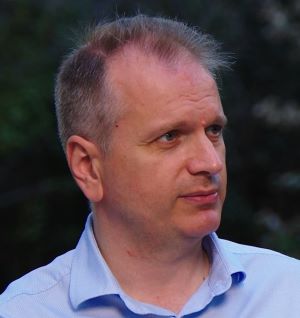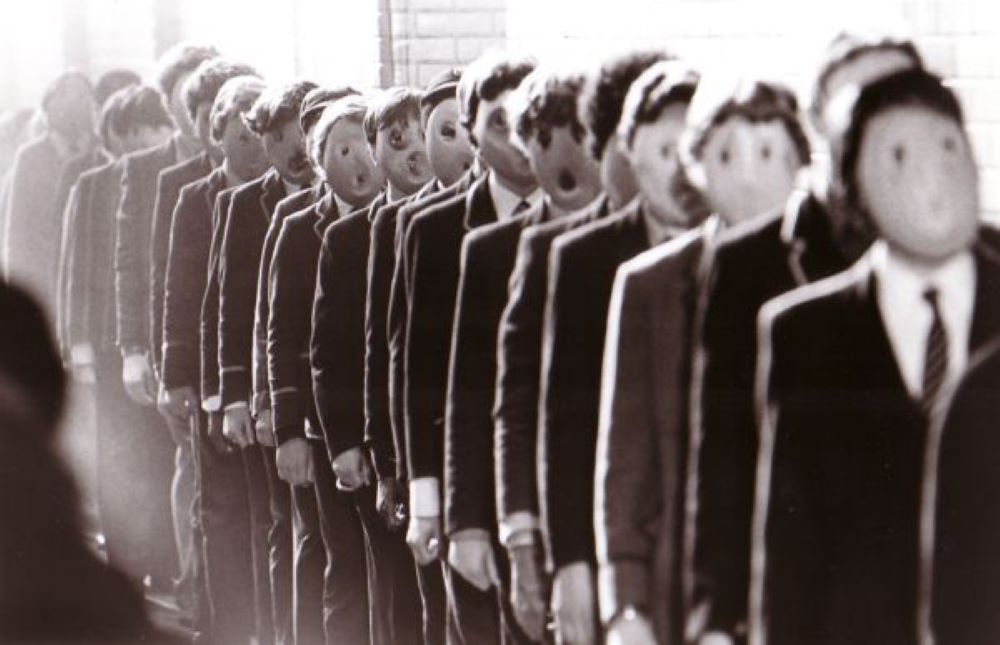In order to have any kind of credible debate on the topic of smart specialization, we should actually reach a position of being able to answer whether we need smarts in the first place.

Srđan Perić
The assumption that a community built on knowledge would be sustainable and prosperous in the long run is currently losing the race to rising ignorance, misunderstanding and intolerance. It is important to add that education requires effort and renunciation, and that hardly perseveres in an age subordinate to superficial gratification.
Europe has long dealt with the dilemma of whether formal education should be subordinate to the labor market or whether its key purpose is to help us get to know ourselves and the world around us. Academic circles are becoming louder in their support for the latter, while those who believe that deciding impulses for school and university enrolment policies at least should stem from the economy are also not without their influence. Can smart specialization reconcile this stark dilemma? It seems that this is too large of a request for it, but in reality it can help people recognize the advantages they have, direct their inclinations in that direction, and develop them. Seen exclusively through the prism of the economy and functionality of the system – this makes sense and it can be useful.
From a principled point of view, the pro et contra debate on this topic can be interesting and give birth to innovation. However, when we apply it to the reality we live in, it is completely irrelevant. Literally every single government will accept or has already accepted any or almost any educational strategy based on this if it came from a remotely relevant EU institutional source. And it’s not about breadth or understanding of the broader concept and willingness to truly apply it – they just don’t care about education. A step further, anti-intellectualism develops; in it, if you are prone to contemplation, questioning, if you are discreet or introverted, you have a serious risk of being declared a man of service if you are relevant in any way. Which service? It’s irrelevant, logic doesn’t matter here. Talking about smart specialization in Montenegro is like having a debate about quantum physics in front of a store selling, say, socks. It sounds smart, but in fact no one thinks to deal with it fundamentally – because the current winning principle is: life is the pursuit of the aforementioned superficial pleasures, and they are rationed and divided by the political class.
It sounds incredible, but high-ranking officials believe that it is okay not to hire the person who knows the most, but the manager, who, miraculously, is someone from the party of the one who promotes this kind of wisdom. It is irrelevant what you know and can do, the only reasoning boils down to the answer to the following question: “Are you ours?” There the story about smart specialization does not make any sense, although in practice it could at least help us think about, say, how to handle regional imbalances in development and how to stop dramatic emigration from smaller areas.
The triumph of paritocracy is followed by the terror of ignorance. There is no room for innovative ideas. Therefore, in order to have any kind of credible debate on the topic of smart specialization, we should actually reach a position of being able to answer whether we need smarts in the first place, and whether we want to specialize, and what in. Up until then, whether we like it or not, there is a political struggle, the most essential possible – the struggle for freedom of man.
Srđan Perić is a civil activist, one of the founders of the Preokret movement



Leave A Comment